Two Texts on the Green Pass
Il Rovescio & Giorgio Agamben
The following two articles appeared in close succession at the end of July, 2021. In spite of significant differences between the Italian situation and that of the United States, the perspectives offered here contribute to sharpening the political stakes of the ongoing debates around biosecurity globally. Whether or not one endorses every formulation, one thing is clear: we are entering a phase of struggles that do not fit easily into familiar matrices of left and right wing thought. Learning how to move in complex spaces replete with dangers and enemies but also with new possibilities, without abandoning our own ethical convictions, is the order of the day. For the same reason, it is more important than ever to continue an exchange with comrades elsewhere in the globe, while remaining alert to the contradictory forms through which local machines of governance modulate the ongoing Covid-19 crisis in real time.
-Ill Will, August 14th, 2021
Other languages: Italiano 1 e 2, Türkçe 1 ve 2
The Mobilization Against the Green Pass: Preliminary Notes
by Il Rovescio1
It is quite evident that the question of what to say and do against the "green pass,” of how to relate to those who are taking to the streets against this measure of discrimination, control, and blackmail, cannot be separated from what one thinks — and what one does — about the Covid-19 Emergency in general. The slavish and idiotic platitudes showered upon us by the left and far left come as no surprise. In the same way, only those who didn’t notice that a world has passed them by suddenly wonder who all these people are, where they come from, and what they want? They hurl invectives at the "reactionary crowds" without even the slightest embarrassment at finding themselves joined by a chorus of bankers, industrialists, NATO generals, regime journalists, ministers of the Interior, Her Majesty’s scientists, etc. The danger of "fascism" (don't worry: democracy is good enough) is seen not in the joint action of the State and ruling class, but in the presence of the extreme right at a handful of demonstrations against the pass. As if the advances of the coercive power of the state in the name of "collective health" were "neutral" with respect to the class conflict as a whole; as if tacitly consenting to social and labor-based discrimination against those who do not want the vaccine doesn’t oil the same machine that persecutes revolutionaries, workers resisting layoffs, and social struggles more generally.
A total social fact
Borrowing a concept from Marcel Mauss, we may define the Covid-19 Emergency as a total social fact. It brought to the surface — in society and in "movements" alike — all that was already there, but could not be seen. To have grappled with this total social fact only in bits and pieces, to have taken the safer and less problematic theoretical and practical paths has led to disastrous consequences, as it will continue to do. The emergency has shifted the social conflict onto new ground, "politicizing" the most intimate gestures, the most everyday choices, those dimensions of life that are apparently "private" and "subjective" in relation to ideal positioning (bodies, the sense of security, the fear of dying, the risk of getting sick and becoming ill). Decades of more or less second-hand Foucauldianisms were shattered in the collision with a state and technocratic regime of management that applied a "biopolitical" program to the end, and for real. Suddenly, to launch initiatives of struggle — or even discuss them collectively — now required that one make a break even on the epistemological level. It required one to decide not only on the relatively “external” planes of exploitation, bosses, the state, but also on viruses, bodies, immune systems, masks, swabs, gels, distancing, etc. With rare exceptions, in the "antagonistic" milieus all that is ostensibly "neutral," such as scientific evidence, press releases announcing “positive” cases, the sick and the dead, the measures to track and contain the virus, etc. — in short, the realm of necessity — was separated from all that is "conflictual,” namely, the causes of the epidemic, the contradictions between health measures and the logic of profit, the differentials of illness risk across class and gender, the economic consequences of lockdown, etc. — in other words, the realm of possibility. Once the initial disorientation passed, repression [rimozione]2 began. Even mass vaccination was hastily brought back to the neutral realm of necessity, thereby restricting the conflict to the issues surrounding patents, disparities between North and South, etc. Some who were a bit more qualified and a bit more lucid pointed out that vaccination is an insufficient tool, and that these vaccines — based on genetic engineering, with m-RNA or recombinant DNA technology — carry with them many unknowns. Even regarding compulsory vaccination for health personnel, they have preferred to hedge in silence (or to talk about an emotional refusal, dictated by fear and the obvious contradictions of the official "scientific communication").
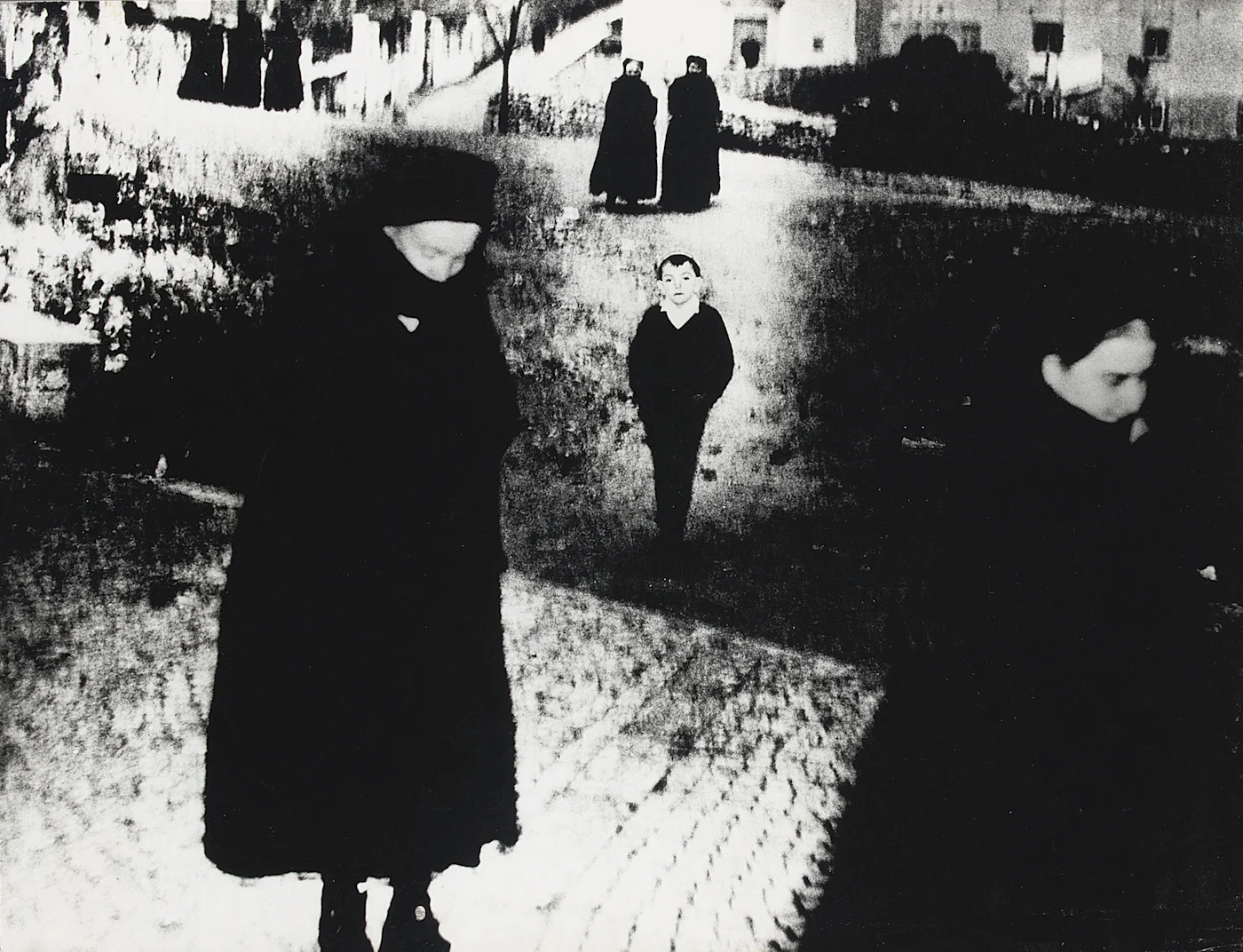
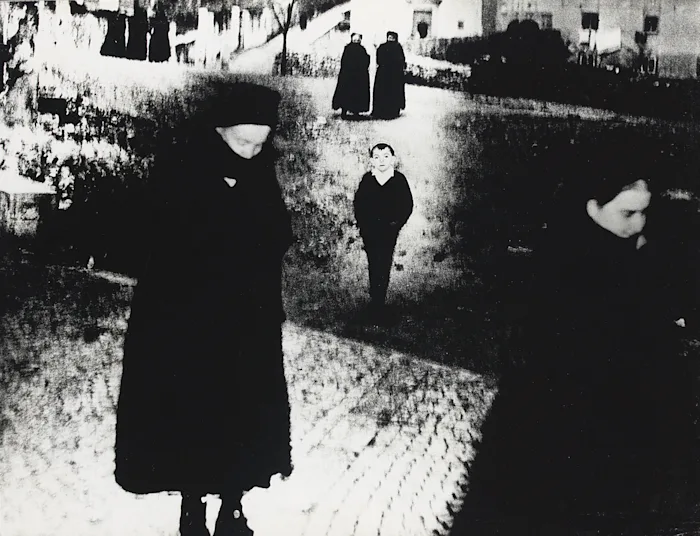
Faced with the widely foreseeable and even expected introduction of the health passport, the less stupefied now confront the problem of not leaving the streets to the extreme right (a danger that others pointed out well in advance) and of conducting an 'inquiry' into their composition. It all seems a bit out of step, honestly. Not because the playing field is not yet open (indeed, the most intense conflict has yet to come), but because such an "inquiry" should be conducted first of all within the party itself. And in extremis. Although the crowds — in Italy as in the rest of the world — are very heterogeneous, there are at least three points that unite tens of thousands of people: an opposition to compulsory vaccination, without either “if” or “but”; a rejection of discrimination against those who are not getting vaccinated; and the question of the denial of home care for the sick. To focus only on the "green pass" is a reductive and misleading basis for a possible meeting with a portion of those who take to the streets. Do you accept the vaccination requirement (today for health workers, tomorrow for school staff and even students, the day after tomorrow for workers) or not? Yes, or no? The answer must be stated in clear terms. If the answer is "no,” then it should be included with conviction among the points of mobilizations around other issues. (For example, the "unitary statement" by rank and file unionists for the general strike of October 18 does not even mention it; this fact means three things: that obligation is not so wrong, that it is a "divisive" argument, and that the battle of the workers who do not want these vaccines is considered unworthy of being a moment of class struggle.)
It is necessary to take up the conflict also on an epistemological level (questioning the substitution of the medical gaze with statistical models, the criminalization of the non-vaccinated as a danger to public health, the increasing digitalization of health and therapies, etc.). The same is true for the denial of home care for the sick, an issue that is scandalously neglected (with the paradox that it is mostly right-wingers who denounce the state massacre). Can we continue to talk generically about community medicine and non-hospital-centered medicine, without ever saying how we avoid hospitalization of those who fall ill with Covid? One example (among many) of how the three points mentioned above are intertwined in the mobilization against the pass can be found in a flyer distributed a few days ago during a demonstration by a group of health workers in Trentino:
For a year and a half, we have worked night and day without interruption, for months at a time, and especially when the pandemic was first declared. We worked in the absence of therapeutic directives or meaningful safeguards, in disastrous organizational conditions, doing shifts of 12 hours or more, amidst a wave of panic nurtured by the press, and with the natural filter of primary care criminally disabled.
Back then, we had neither time nor voice to speak, and we were heroes.
Today, we take to the streets to remind you that we speak as people who know something about how to treat and to cure, who understand a fair amount after operating so long within healthcare facilities. And yet we are treated like criminals when we affirm everyone's right to choose the care and attention to health that they consider most effective.
Who do you consider more reliable? The politicians and rulers who caused this disaster by devastating the health care system and managing the proclaimed pandemic in a state of confusion, using the criminalization of every opinion as their only weapon? None of them have ever laid eyes upon a sick person, nor did they ever listen to us. They listen exclusively to a bunch of supposed experts who have the good time to pontificate in narcissistic excitement from TV screens or insulting and threatening newspapers. They speak according to the dictates of those who have made of health an inexhaustible source of profit. [...]
We are stating simply but definitively that our bodies are not their property, and neither are those of our children. We are not slaves and we can no longer bear the weight of this oppression, especially now, when a generalized segregation is imposed upon us under the sign of a discrimination with the tenor of a political-religious persecution against those who do not pledge their faith to a pseudo-vaccine with the infamous green pass.
Do we want to fight together with these people, thereby broadening the conflict against an entire social system that is increasingly incompatible with health and life? Let's begin by considering the three points they raise.
The mobilization against the "green pass" is the first of its kind to bring to the streets not this or that economic demand3, but the rejection — however confused, polluted, or "exploitable" as you like — of the pillars on which the emergency politics rests, and on which it will rest indefinitely if we do not tear them down: Covid could not be cured but only contained; fortunately, there is now the vaccine, the only weapon available; whoever does not vaccinate is a renegade, a deserter, a plague-spreader [untore] against whom the criminal blame usually reserved for the state and industrialists can now be unleashed, etc. These crowds call into question exactly what ought to remain "neutral" and indisputable (it is not by chance that, for the moment, more hatred and contempt is directed at journalists there than at cops). In short, they contain both the potentiality and at same time the necessity — oh how uncomfortable for everyone, antagonist militants included! — of a confrontation with the Emergency as a total social fact, as opposed to its typical decomposition into the arenas of environmental defense, support for the unemployed in struggle, opposition to racist apparatuses, etc. Do you accept the key points of the state's initiative "to resolve the Emergency," yes or no? This is the 'inquiry' that can no longer be postponed.
Blow the lid off
The other aspect, one which we will have to return in more detail below, concerns precisely how to blow the lid off this Emergency. In the history of revolutionary movements there exists a real "myth" surrounding what is known as the "convergence of struggles.” Has such a thing ever really occurred? Could it still exist along that one-way street into which capitalism has routed humanity, now transformed into a blind alley of disasters, catastrophes, and "cultural apocalypses"? If, during a demonstration, or a day-long general strike, logistics workers, anti-racist groups, housing committees, and committees against environmental pollution all come together in a demo, does this suffice to call it a "convergence of struggles”? Apart from the fact that that composition may be more or less real, more or less representative and "delegated," what happens the day after? Generally, everyone returns to his or her own personal battles against the impersonal power of capital, with our respective "fields of intervention." When other struggles are hit with repressive enemy attacks, how do we express our concrete and tangible solidarity (which clearly does not mean staging a sit-in or writing a communiqué)?
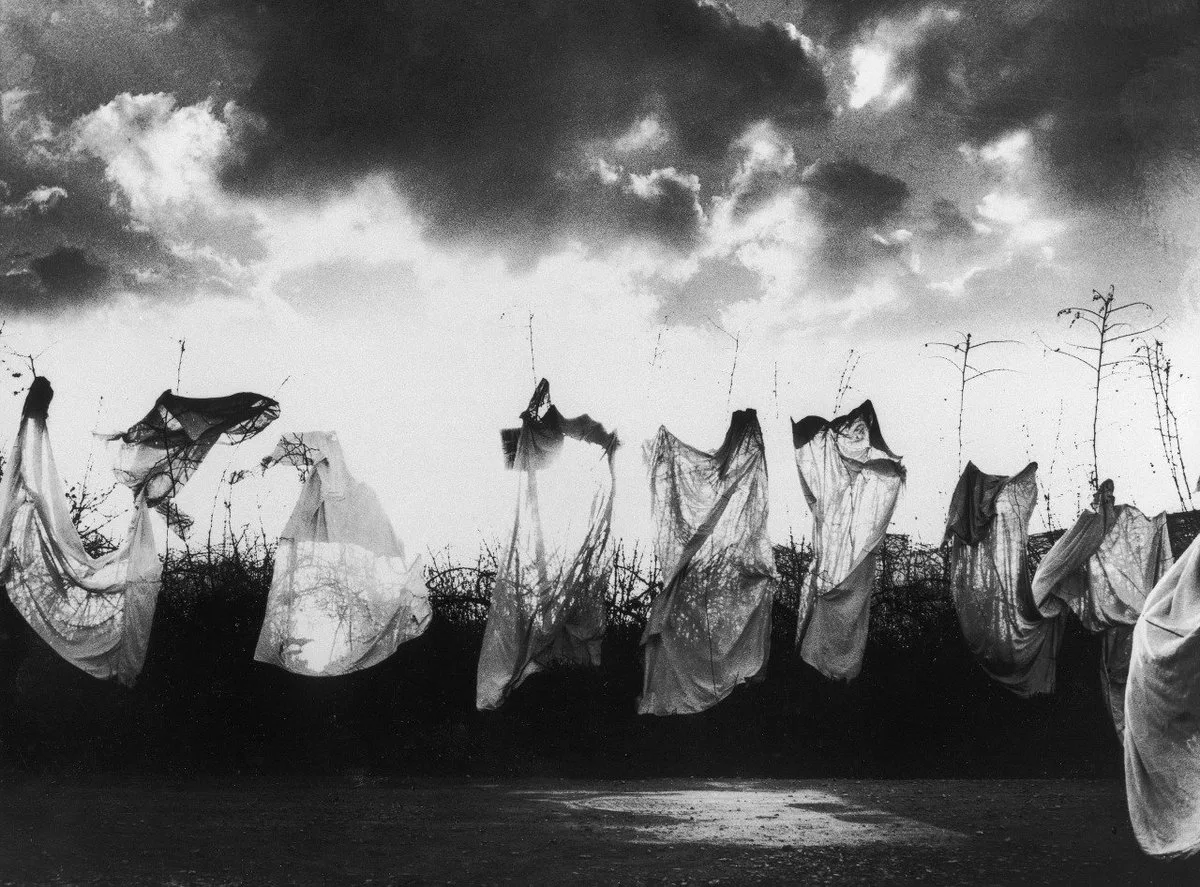
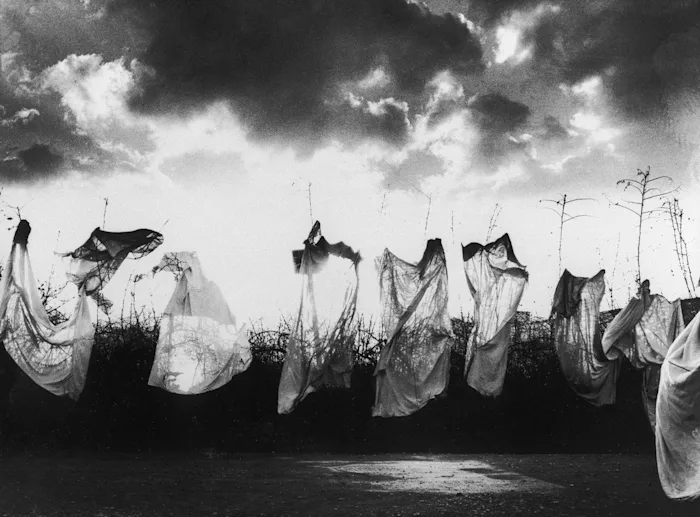
If one looks at the history of the last few decades — whether in North Africa, the United States, France, Chile, Colombia or Lebanon — it seems obvious that those general strikes that truly paralyze the economy tend to follow rather than precede riots. It’s not a mystery why: there are fewer and fewer jobs where abstention can make a quantitative difference, where workers have the ability to qualitatively hurt the boss practically and "logistically.” These days, it is always an element of immediate social rupture that breaks the isolation, creating space for real encounters, and eliciting common forms of action (i.e., reproducible and generalizable forms of action). Even within recent Italian history, which days do we really remember? Was it the strikes and demonstrations in which a "convergence of struggles” was on display? Or was it July 3rd, October 15th, and the uprising in Cremona after the fascist aggression? When did we ever see concrete forms of solidarity extended to struggles under attack in ways that were both autonomous and convergent? It was only ever after calls to block everything went out. After all, one is never too few or too far away to block something.
With its renewable decrees and its court "technicians," the Emergency is a cage that will not be broken by the progressive accumulation of proletarian force. However you judge them, for several Saturdays in a row the demonstrations against the pass have drawn crowds of hundreds and thousands of people, in some eighty cities simultaneously. Gatherings, nothing more. From what we could glean, there was little trace of any "organizers," there wasn't even a megaphone. This is no doubt why spontaneous ‘mass’ marches were able to erupt, the first to occur in quite some time. Before pulling out the magnifying glass to conduct a "sociometric" analysis, let us first note one fact: tens of thousands of people took to the streets — and will do so again in the coming period — to assert that they do not accept a society divided in two (do you know where the first signs with the words "health pass = apartheid" appeared? It was in the streets of Israel). Would we have preferred that even the "health pass" had been passed without any reaction?
A slogan visible on placards during the demonstrations declared: "You believe that if you obey, it will all soon be over. But it is precisely because you continue obeying that it will never be over." You can't say it lacks lucidity.
But what kind of people are these? Certainly those who (thank God) do not read the "extreme left’s” articles that describe the pass as the "common sense" choice (what am I saying: freedom!, sacrosanct protection from the unvaccinated and their "plague" breath all over our common spaces — yes sir, plague!).
Without explosions of anger, without counterattack, we will not get out of the corner we have been backed into. It's not just misery that's advancing, it's dehumanization.
"It is, first and foremost, about feeling, about continuing to believe one's perceptions rather than blunting or ignoring them. The analytical work comes later...
And as for us, in such a terrible and unjust time, let us try to understand each other to the end, talking and discussing, giving each other gifts, never deserting friendship, not reducing ourselves to intimately private persons." (Danilo Montaldi)
-August 1st, 2021
What’s Under Discussion is not the Vaccine, but the Political Use of the Green Pass
by Giorgio Agamben4
As often happens when a country slips, without realizing it, into fear and intolerance — and this is undeniably happening in Italy today — what is most striking in the discussions around the green pass and the vaccine is that arguments perceived as threatening are not only not considered but are dismissed out of hand, when they are not simply the target of sarcasm and insult. One might say that the vaccine has become a religious symbol that, as with any creed, now acts as a shibboleth [spartiacque] between friends and enemies, the saved and the damned. How can an argument that refuses to consider divergent views call itself scientific, and not religious?
For this reason, it is important to clarify above all that the problem for me is not the vaccine, just as my previous interventions were not primarily concerned with the pandemic, but the political use that is made of them, that is, the way they have been governed since the beginning. In response to the concerns raised in the text I signed with Massimo Cacciari, some recklessly objected that there was nothing to worry about "because we live in a democracy." How is it possible that no one has acknowledged that a country that has been in a state of exception for almost two years now, and where decisions that severely restrict individual freedoms are made by decree (it is significant that the media even speak of “Draghi's decree,” as if it emanated from a single man) is no longer, in fact, a democracy? How is it possible that the exclusive focus on contagion and health prevents us from perceiving the Great Transformation underway in the political sphere, in which, as happened with fascism, a radical change can take place without the need to alter the Constitution? And shouldn't we pause at the fact that both exceptional and contingent measures are not assigned a definitive expiration date, but are incessantly renewed, as if to confirm that, as the governments never tire of repeating, nothing will be the same as before, and certain freedoms and certain basic structures of social life to which we were accustomed are annulled indefinitely? If it is certainly true that this transformation — and the increasing depoliticization of society that results from it — had already been underway for some time, is it not all the more urgent to stop and evaluate the extreme outcomes while we still have time? It has been observed that the model that governs us is no longer that of disciplinary society but the society of control; but how much extension of this control will we accept?
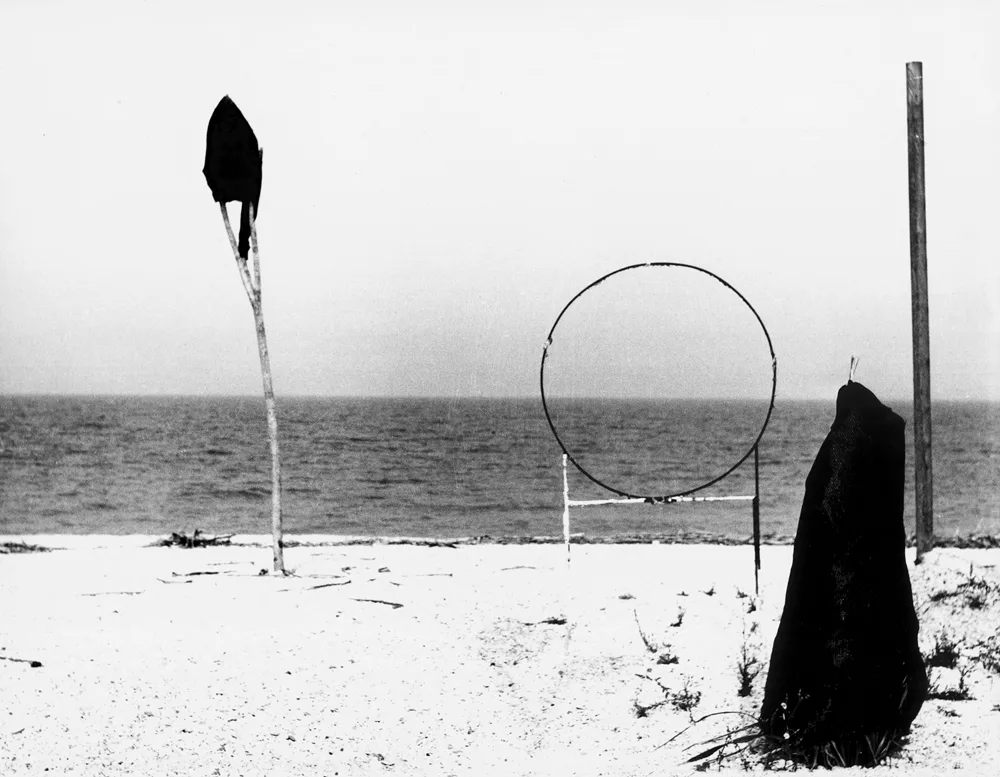
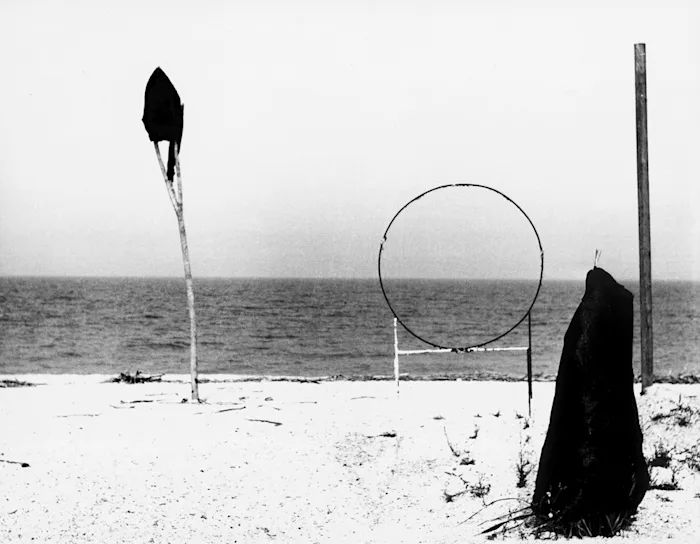
It is in this context that the political problem of the green pass must be posed, without confusing it with the medical problem of the vaccine to which it is not necessarily connected (we have made vaccines of all kinds in the past, without ever discriminating between two categories of citizens.) In fact, the problem is not only discrimination against a category of second-class citizens, although that is very serious, but also that of the widespread and unlimited control of those who are foolishly proud of their "green card." How is it possible — we ask again — that they do not realize that, obliged to show their passports even when they enter movie theaters or restaurants, they will be controlled in all their movements?
In our text, we evoked an analogy with the "propiska," the passport that citizens of the Soviet Union had to show in order to move from one place to another. Since it unfortunately seems necessary to do so, I will now take the opportunity to clarify what a legal-political analogy is. We have been unjustifiably accused of drawing a comparison between the discrimination resulting from the green pass and the persecution of the Jews. It is worthwhile to specify once and for all that only a fool could equate the two phenomena, which are obviously very different. No less foolish would be someone who refuses to examine the purely juridical analogy — I am a jurist by training — between two legislations such as the fascist legislation regarding Jewish people and the legislation that would institute the green pass. Perhaps it is not unnecessary to point out that both provisions were adopted by decree, and that both, for those who do not have a merely positivistic conception of law, are unacceptable, because — regardless of the reasons given — they necessarily produce a discrimination against a category of human beings to which a Jewish person ought to be particularly sensitive.
Once again, for those who possess a minimum of political imagination, all these measures must be placed in the context of the Great Transformation that the governments of society seem to have in mind, assuming that they are not instead, as is also possible, the blind advance of a technological machine that has now escaped all control. Many years ago, a commission of the French government summoned me to give my opinion on the establishment of a new European identity document, which contained a chip with all the biological data of the person and any other possible information about him. It seems clear to me that the green card is the first step toward this document, the introduction of which was delayed for some reason.
There is one last thing to which I would like to call to the attention of those interested in a dialogue without insults. Human beings cannot live if they do not give themselves reasons and justifications for their lives, which in every age have taken the form of religions, myths, political beliefs, philosophies, and ideals of all kinds. It seems that today, at least for the richest and most technologized sections of humanity, these justifications have disappeared, with the result that men are faced, perhaps for the first time, with their pure biological survival which, it seems, they have proven unable to accept. Only this can explain why, instead of embracing the simple, amiable affair of living alongside one another, they have felt the need to institute an implacable sanitary terror, in which life without any ideal justification is threatened and punished at every moment by disease and death. Just as it makes no sense to sacrifice freedom in the name of freedom, so it is not possible to renounce, in the name of bare life, what makes life worth living.
-July 30 2021
Translated by Ill Will
Images: Mario Giacomelli
Notes
1. First published on Il Rovescio, August 1st 2021. Online here. ↰
2. La rimozione — repression in the psychoanalytic sense. ↰
3. From France to Italy, from the United States to Australia, the mobilization already has an international character. A comprehensive reading would require a closer look at the various squares, sometimes very different from each other (it would be useful to compare the stories of comrades who went to speak, to leaflet, or just to see). As far as Italy is concerned, the most organized presence of fascists was in Rome (not coincidentally, the most mediatized square), whose stated intent was to involve the “Io apro” [I’m open] "movement.” If this front of fascists and shopkeepers is certainly not a historical novelty (it has also been seen in recent months), it does not coincide at all with the refusal of the pass: the associations of traders have welcomed the latter in order to avoid new "lockdowns” threatened by the government, complaining at most of the additional costs and logistical problems to carry out the controls. The vast majority of those who take to the streets do not advance any corporate claims. If you notice, the representation of the "dictatorship" is often entrusted to the portraits of Draghi, Figliuolo and Burioni. The NATO general, for example, has nothing to do with openings or closures of bars and discos, but a lot to do with the militarization of health care and the "hunt for renegades.” Meanwhile, according to the Corriere della sera, on July 31 in Rome, "the right-wing block of Forza Nuova was isolated from the rest of the demonstration.” For the moment, the youth component seems scarce (and the immigrant component even more so). To attract it will be the best chance to radicalize its forms of struggle: social anger seeks out favorable opportunities, rather than specific topics. If there is often a certain gap, if not a complete hiatus between the watchwords of the marches and the reasons why people take to the streets, it seems undeniable that the mobilization against the pass has a much more universal character than the "You close me, you pay me" slogan of last fall, which represents the degree zero of criticism.↰
4. First published in La Stampa, July 30th, 2021. Online here. ↰